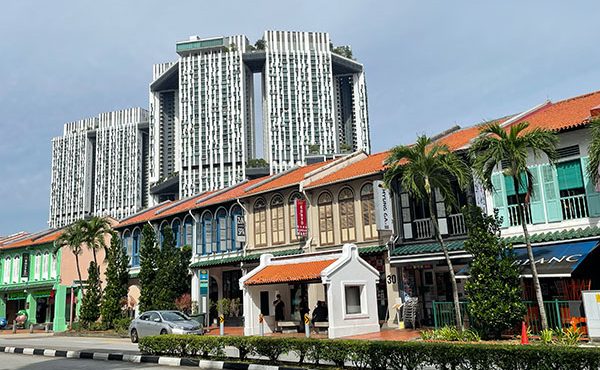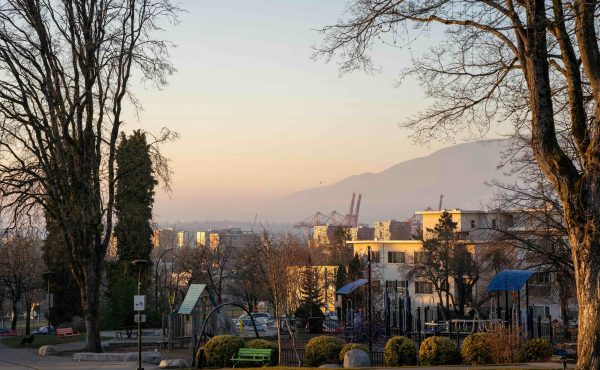

[Editor’s Note: Resident blogger for the BMW Guggenheim Lab, Christine McLaren, continues her coverage of the World Urban Forum in Naples, Italy. All posts are also being published on Lab|log at bmwguggenheimlab.org. Be sure to follow Christine’s thoughts from the WUF all week at @BMWGuggLab and #BGLab.]
The open-data bandwagon got a little bigger Tuesday as UN-Habitat opened its data to the world with through its new UN-Habitat Transparency Initiative.
Open UN-Habitat, officially launched in a press conference Tuesday at the World Urban Forum in Naples, is one of the first open-data initiatives to be introduced by a UN agency. It follows UN-Habitat’s resolve, after the agency officially signed on to the International Aid Transparency Initiative (IATI) in 2011, to publish all project and program information openly by 2012.
Launched with the financial assistance of the Swedish government, the site opens all UN-Habitat documents, agreements, and detailed budgets, including Excel-exportable raw data sets. Its design follows the IATI format, which enables the information to flow into and be searched and combined with other information in IATI’s database. Projects on the Open UN-Habitat site can be searched by country, region, sector, or budget, and it includes a built-in data crunching program.
The site also features a “whistle-blower” function which enables people to report suspected corruption or mismanaged funds in connection with a UN-Habitat project, with the choice to remain anonymous. According to Thomas Melin, head of external relations for UN-Habitat, the information will be transferred to UN-Habitat, which will deal with the report in a special committee.

Currently, the site only hosts five UN-Habitat projects, but Melin said that by the end of 2012 all projects approved since January 1 will be added, and all remaining projects will be added by the end of 2013. He also said that the site will be updated every three months, and new documents such as agreements reached via e-mail will be added, among other resources. All UN-Habitat projects will be included, whether country- or city-specific—even larger, more general projects like the WUF, or the Transparency Initiative itself, which, coincidentally, is already listed on the site as having cost a cool $763,910 to implement (see the full budget breakdown here).
The project was developed with open software, and UN-Habitat is offering it to all other UN agencies interested in following suit.
With international aid funding consistently under fire and suspicion for inefficiency and mismanagement of funds, it’s hard to see a negative side to opening such a treasure trove. But the real test of any open-data initiative lies in how deeply we are really allowed to peer into the chest. With Open UN-Habitat, we will have to wait to find out.
***
Get more of Christine’s thoughts from the WUF all week at @BMWGuggLab and #WUF6.
**
Christine McLaren is a freelance journalist who investigates solutions to urban problems. She is currently traveling as the resident blogger for the BMW Guggenheim Lab, a mobile urban think tank investigating urban solutions in nine cities around the world. Her writing and research explores how the shape of our cities impacts the lives and behavior of those living in them and how shifting social, environmental, and economic climates are changing our relationship with the urban fabric. Based in Vancouver, Canada, she has written for publications such as Spacing, Zoomer, BC Business, Unlimited, and Momentum Magazines and reported for numerous print, online, and television news outlets. She was also the lead researcher for award-winning Canadian journalist and New York Lab Team member Charles Montgomery’s upcoming book Happy City, and conducted research for National Geographic Emerging Explorer Alexandra Cousteau‘s upcoming book, This Blue Planet.


